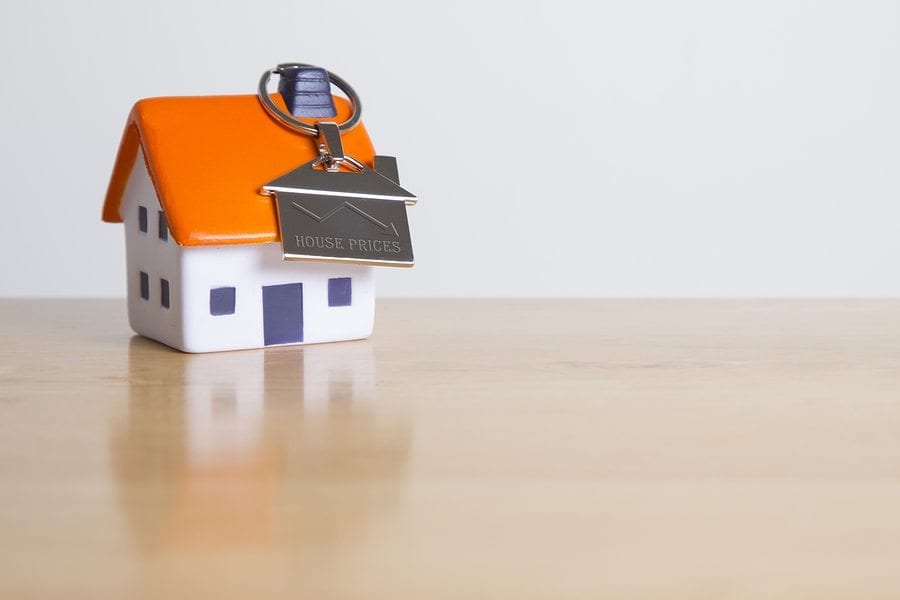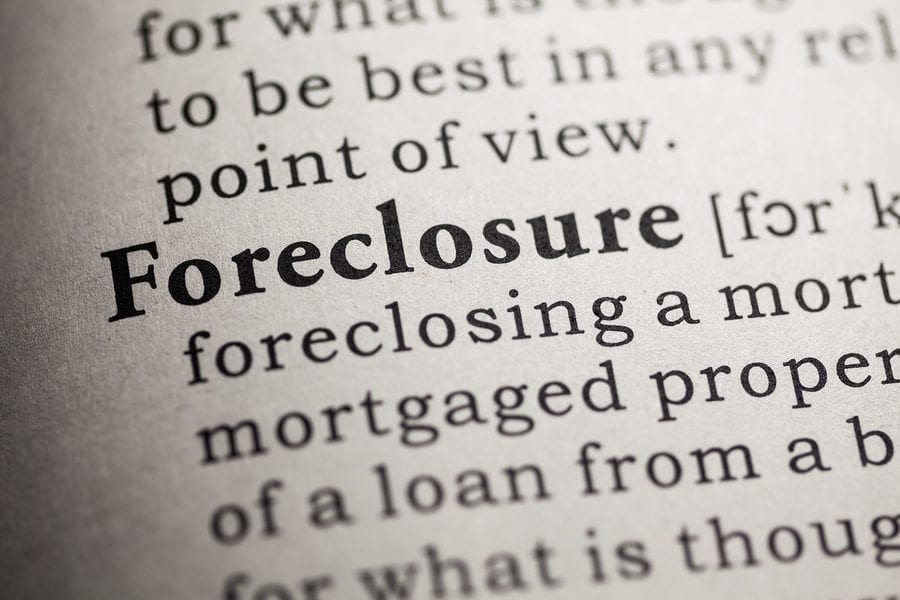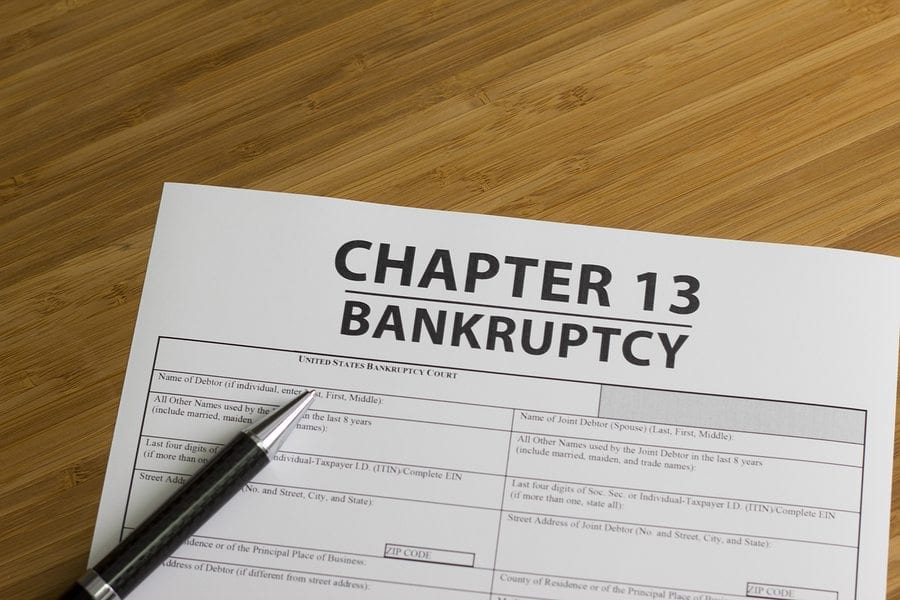According to the Federal Deposit Insurance Corporation, approximately one in every 200 homes is foreclosed on every year in the United States. In a nation with over 74 million owner-occupied homes (according to U.S. Census data), that means roughly 370,000 houses are foreclosed on each year. That may sound like a high number, but is actually a rather conservative estimate compared to the 933,045 bank repossessions, auctions, and default notices reported in 2016. If you’re a Philadelphia homeowner who’s worried about foreclosure, you certainly not alone. However, there’s good news: you may be able to keep your house and get debt relief by filing for bankruptcy. Our Philadelphia bankruptcy attorneys explain how bankruptcy in Pennsylvania can delay or even stop foreclosure proceedings against your home, whether you live in Philadelphia or other parts of the state. We’ll talk about some core differences between Chapter 7 and Chapter 13, and discuss how each type of bankruptcy affects foreclosure in Philadelphia.
How Bankruptcy’s Automatic Stay Stops Foreclosure in Pennsylvania
As you’re already aware, bankruptcy can help to reduce or erase many of your debts – or, to be more accurate, your liability for your debts. In other words, the debt continues to exist, but you are no longer liable for paying it.
What fewer people realize is that bankruptcy also includes a feature known as the “automatic stay,” which can have significant effects on foreclosure proceedings against your home. This applies in both Chapter 7 bankruptcy cases and Chapter 13 bankruptcy cases.
The automatic stay is an “injunction,” or court order, that automatically halts (“stays”) debt collection actions. In other words, debt collectors can’t come after you for payments while the automatic stay is in effect. To provide a few examples, the automatic stay can freeze:
- Foreclosure Sales
- Utility Disconnections
- Vehicle Repossessions
- Wage Garnishments
Our Philadelphia Chapter 13 lawyers will explain more about the automatic stay and foreclosure in just a moment. But first, we should point out that there are situations where creditors can get around the automatic stay. In order for this to occur, the creditor must go through the process of filing a Motion for Relief from the Automatic Stay, which needs to be approved by the court before the stay can be lifted.
The automatic stay takes immediate effect when you file your petition for bankruptcy with help from a Delaware County Chapter 13 bankruptcy attorney. With some exceptions, the automatic stay continues to provide protection until the bankruptcy case is discharged. In a Chapter 7 case, the discharge generally occurs around four to six months after filing. In Chapter 13 cases, the timeline is closer to three to five years.
Unless your creditors successfully lift the automatic stay, your home cannot be foreclosed on while your bankruptcy case is pending. However, you might lose your home when your bankruptcy ends, depending on which chapter you filed. Keep reading to learn more about the difference between Chapter 7 and Chapter 13 when it comes to preventing foreclosure in Philadelphia.
How Filing Chapter 13 Can Prevent Foreclosure in Philadelphia
Regardless of whether you file for bankruptcy under Chapter 7 or Chapter 13, you will generally receive the protection of the automatic stay. There is an exception if you have had more than two bankruptcy cases dismissed in the previous year, in which case your third filing will not trigger the stay.
However, the stay is a temporary condition. While the stay can significantly delay foreclosure proceedings (which is certainly useful in that the filer gains more time to plan for the future), it will not, on its own, be sufficient to stop foreclosure from occurring.
If you want to use bankruptcy to avoid foreclosure, you likely should file Chapter 13 if possible. Though longer and more complicated than Chapter 7, Chapter 13 bankruptcy gives you the opportunity to keep your home – even after the automatic stay ends. Our Montgomery County Chapter 13 bankruptcy lawyers can help you decide which type of bankruptcy is best for your situation.
If you declare Chapter 13 bankruptcy in Pennsylvania, you will create a long-term debt restructuring plan with your creditors, which is often called the “reorganization” plan. In accordance with the terms of your reorganization plan (which must be approved by the bankruptcy court), you will use your disposable income to make small, manageable payments on certain debts over a period of three to five years.
You can include delinquent or unpaid mortgage payments, which are known as “arrearages,” in your Chapter 13 reorganization plan. If you strictly adhere to your reorganization plan, and catch up on your unpaid mortgage payments over the three- to five-year period, you should be able to keep your home and avoid foreclosure with bankruptcy.
There is, however, a catch. In order to qualify for Chapter 13 bankruptcy, you must have enough disposable income to cover the cost of the reorganization plan, which is absent from Chapter 7 bankruptcy. In Chapter 7 bankruptcy, which is designed for debtors who don’t have enough disposable income for a Chapter 13 reorganization plan, a trustee sells some of your property in order to help fulfill your financial obligations to creditors.
Fortunately, even if you are unable to file Chapter 13, it may still be possible to avoid foreclosure and save your home by conducting a short sale. Additionally, mortgage modification may be a viable alternative to bankruptcy if you are behind on your payments, but the mortgagee has not yet initiated foreclosure proceedings. Furthermore, there are many situations where the Chapter 7 trustee simply declines to sell the debtor’s home because the property’s value is low. Otherwise, Chapter 7 bankruptcy exemptions may enable you to protect your home.
Philadelphia Bankruptcy Lawyers Can Help You Stop Foreclosure
If you’re concerned about foreclosure proceedings against your home, it is critical that you speak to an experienced foreclosure defense lawyer immediately. We understand how stressful it is to confront the prospect of foreclosure, but the longer you wait to act, the fewer options you will have, and the more difficult it will become to protect or save your home. For optimal results, it is crucial that you seek legal help as soon as possible.
To get started discussing your legal options confidentially in a free bankruptcy consultation, call Sadek Bankruptcy Law Offices Law Offices at (215)-545-0008 right away. Serving Philadelphia, Delaware County, Bucks County, and beyond, our Pennsylvania bankruptcy lawyers assist couples, individuals, and business owners with Chapter 7, Chapter 13, and various bankruptcy alternatives.







